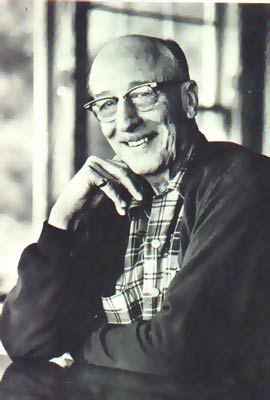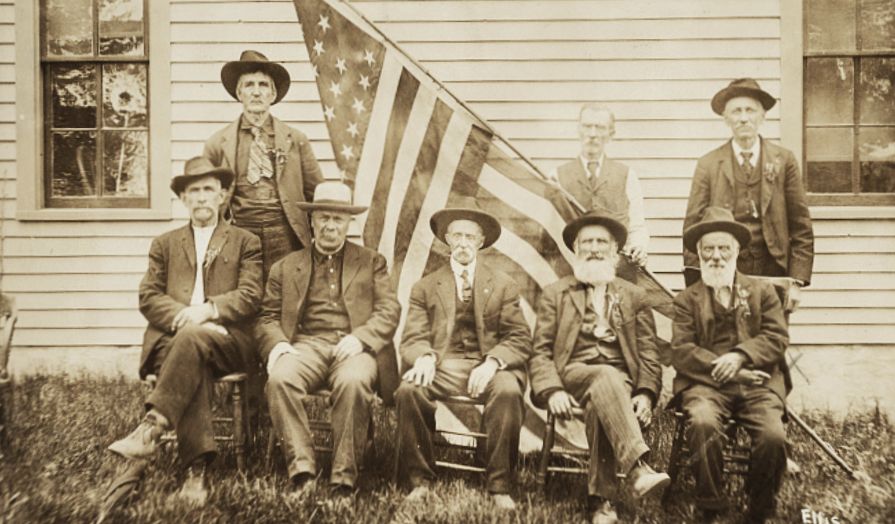Authors:
Historic Era: Era 5: Civil War and Reconstruction (1850-1877)
Historic Theme:
Subject:
September 2023 | Volume 68, Issue 6


Authors:
Historic Era: Era 5: Civil War and Reconstruction (1850-1877)
Historic Theme:
Subject:
September 2023 | Volume 68, Issue 6

When David McCullough graduated from Yale University in 1955, his aunt bought him A Stillness at Appomattox by Bruce Cation. The gift changed his life.
“I had read very little about the Civil War, and nothing swept me into the human drama of the war as the Catton book did,” recalled McCullough, who, after working as an editor with Catton at American Heritage, went on to win two Pulitzer Prizes for his books on Harry Truman and John Adams.
“History, in his hands, was anything but dry and tedious with all the flavor squeezed out of it,” McCullough told me. “I was caught up in the enthralling, real drama about authentic flesh-and-blood people, and the pull was altogether as powerful as in a great novel.”
McCullough echoed the sentiments of generations of readers who consider Bruce Catton the twentieth century’s preeminent Civil War writer. He was born in Petoskey, Michigan on October 9, 1899, and grew up in tiny Benzonia, where his minister father, George, headed a struggling college. Strapped for students and cash, the Benzonia Academy eventually declined into a preparatory school and closed two years after the younger Catton graduated from it.
See also “Bruce Catton” by David W. Blight
Catton’s love of learning wasn’t confined to the classroom. In the early twentieth century, a curious youngster could still be spellbound by firsthand accounts by those who fought at Shiloh, Gettysburg, and Cold Harbor. “I grew up amidst a flowerbed of Civil War veterans,” Catton recalled. “In the small town I infested as a lad, I used to hear the old gentlemen tell war stories until I felt as if the whole affair had taken place in the next county just a few years ago.”
Catton was particularly fond of Memorial Day meetings in the town hall with veterans from the Grand Army of the Republic, E. P. Case Post Number 372. After the songs and speeches, those assembled would move to the village cemetery and lay flowers at the graves of their departed comrades.

All in all, it was a happy childhood, filled with plenty of time for playing and fishing. “For my two brothers, my three sisters, and me, it was a very agreeable place in which to grow up,” Catton said. “Life there was very uneventful, but never, as I remember it, in the least dull. A less worried place